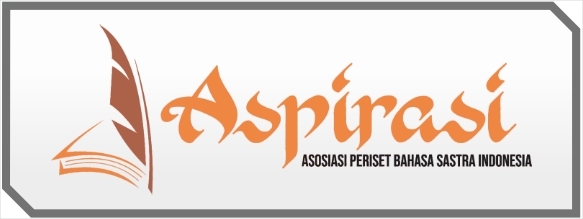Psychological Well-Being Mediates the Effect of Permissive Parenting on Online Game Addiction in Children
DOI:
https://doi.org/10.59581/jmpb-widyakarya.v3i1.4732Keywords:
Online Game Addiction, Psychological Well-Being, Permissive ParentingAbstract
The increasing addiction to online games among children has become a concerning phenomenon, especially when linked to permissive parenting, which tends to provide excessive freedom without clear boundaries. This study aims to analyze the relationship between permissive parenting and online game addiction, with psychological well-being as a mediating variable. The method used is a qualitative approach with a Systematic Literature Review (SLR), where scientific articles from indexed databases such as Scopus, WoS, and Sinta in the last ten years were systematically reviewed. The results show that permissive parenting has a positive correlation with online game addiction, where children given excessive freedom tend to lack self-regulation and impulse control. However, psychological well-being acts as a mediating factor that can reduce the negative impact of permissive parenting on online game addiction. Children with good psychological well-being have lower levels of addiction compared to those experiencing emotional imbalance. The implications of this study highlight the importance of more balanced parenting styles and strategies to enhance children's psychological well-being in preventing online game addiction.
References
Baumrind, D. (1967). Child care practices anteceding three patterns of preschool behavior. Genetic Psychology Monographs, 75(1), 43-88.
Kuss, D. J., & Griffiths, M. D. (2017). Social networking sites and addiction: Ten lessons learned. International Journal of Environmental Research and Public Health, 14(3), 311. https://doi.org/10.3390/ijerph14030311
Moher, D., Liberati, A., Tetzlaff, J., & Altman, D. G. (2009). Preferred reporting items for systematic reviews and meta-analyses: The PRISMA statement. PLoS Medicine, 6(7), e1000097. https://doi.org/10.1371/journal.pmed.1000097
Padilla-Walker, L. M., & Nelson, L. J. (2012). Black Hawk Down? The evolution of helicopter parenting and its effect on emerging adults’ self-regulation, risk behaviors, and resilience. Emerging Adulthood, 1(1), 1-12. https://doi.org/10.1177/2167696813479782
Ryff, C. D. (1989). Happiness is everything, or is it? Explorations on the meaning of psychological well-being. Journal of Personality and Social Psychology, 57(6), 1069–1081. https://doi.org/10.1037/0022-3514.57.6.1069
Snyder, H. (2019). Literature review as a research methodology: An overview and guidelines. Journal of Business Research, 104, 333-339. https://doi.org/10.1016/j.jbusres.2019.07.039
Wartberg, L., Kriston, L., & Thomasius, R. (2020). The prevalence and psychosocial correlates of internet gaming disorder: Analysis in a nationally representative sample of 12- to 25-year-olds. Clinical Psychology & Psychotherapy, 27(4), 536–544. https://doi.org/10.1002/cpp.2440
Downloads
Published
How to Cite
Issue
Section
License
Copyright (c) 2025 Jurnal Motivasi Pendidikan dan Bahasa

This work is licensed under a Creative Commons Attribution-ShareAlike 4.0 International License.














